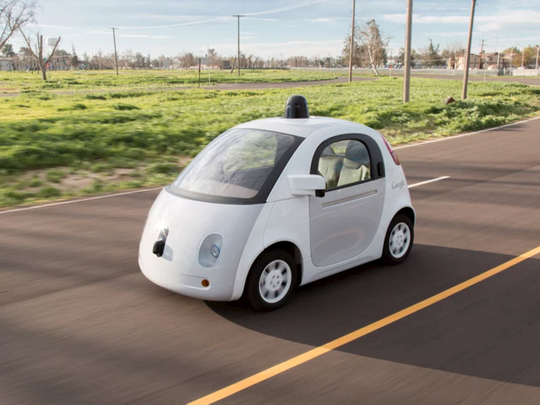
Dubai: Today, more than ever, travel is an essential part of many people’s lives, be it for business or for pleasure. This inevitably involves, cars, aircraft, and trains.
The question of today’s episode is: Would you let a computer drive yours?
And perhaps more importantly, will you even have a choice?
Pilotless commercial aircraft could save the industry $35bn a year, according to investment bank UBS in a report released in August 2017.
Passengers are not so keen, however.
A survey by UBS suggested that the idea was not too popular, with 54 per cent of the 8,000 people questioned saying they would be unlikely to take a pilotless flight.
On this episode, we unpackage the likelihood of a shift to pilotless aircraft, how it might be introduced, and what might incentivise people to fly on a pilotless aircraft.
We also explore the moral issues and the economic impact of ditching the humans, whilst looking at the constraints of continuing to use people.
As expected, the studio is deeply divided on whether they would even step foot on such a plane, and arguments rage over whether pilots, real or machine, can ever be trusted fully.








